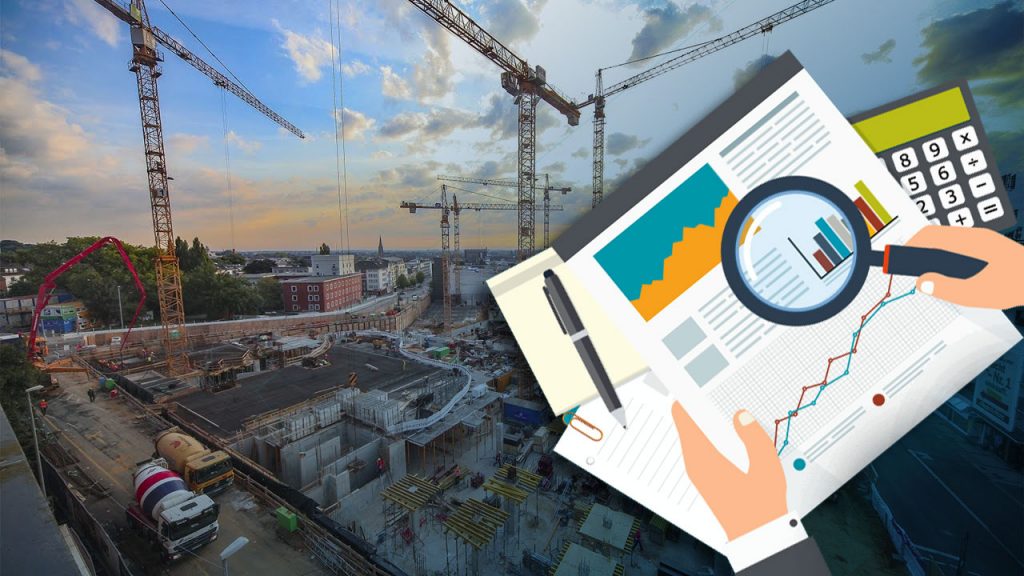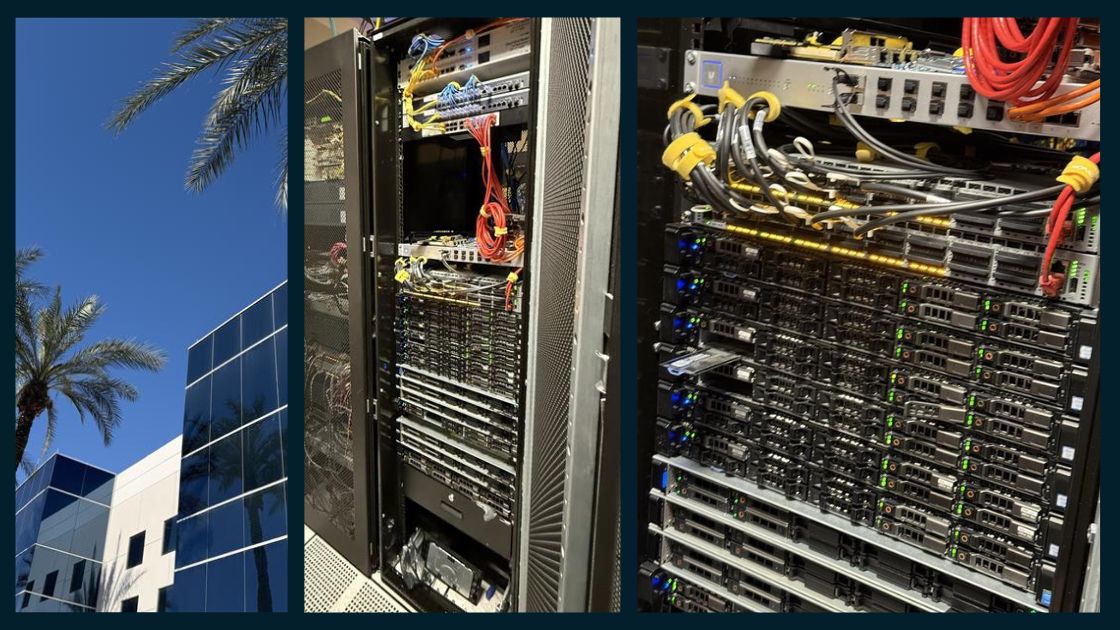
BY MARISSA ANDERSON
In a business of any kind, accounting is one of the most crucial pieces of management and administration. An accounting team is responsible for ensuring that all assets coming in and out of your business are tracked in order to know your profitability. While the basis of accounting is concrete across all industries, the construction industry contains many variables that come into play. No matter what role you may have in your firm, it’s important to recognize that construction accounting has many differences from regular accounting.
If you are in any industry other than construction, the accounting principles such as your item costs and overhead are relatively constant. On the other hand, construction firms deal in custom projects that vary in location. This means that categories of cost such as time, tools and equipment, delivery of materials, and even clearing out the jobsite post-project change every job that you take. Your cost categories are ultimately decided by your customers. Construction companies also implement the Percentage of Completion Method for revenue recognition. This method accounts for revenue based on an estimated profit found by the percentage of the project that has been completed. There isn’t another industry that has this revenue method because no other business contains so many variables. These variables make it even more crucial for construction companies to have cost-accounting methods that are accurate in tracking expenses and estimating profit and loss. Here are some of the key differences and challenges in construction accounting, as well as why it’s important to adopt a software solution that will improve your accounting process and earn you higher profit as a construction company.
Key Differences in Construction Accounting
- Sales-Most businesses have very limited cost categories for their products and services. Companies in the construction industry have various service categories such as consulting, labor, materials, service work, design, and engineering. These categories all vary based on what is required by specific products.
- Cost of Goods Sold-Companies typically only have to worry about recording the costs of their products that fall into their 1-5 cost categories. However, this process isn’t as straight forward in construction. Every project and job that is taken up requires categorizing and coding hundreds of costs/materials.
- Expenses/Overhead-The separation between the costs of goods sold and your business’ overhead is typically very distinct. In construction, this distinction can be difficult to find. What most industries would consider overhead are often considered the cost of goods sold in the construction industry. If something is directly connected to the customer’s project, it is considered “cost of goods sold”.
- Break Even-The relationship between income and expenses is the way that businesses find their breakeven point. This is a relatively easy technique that is incredibly effective. However, construction firms aren’t quite able to calculate like this. There are too many item categories to understand just how to break even on each project. Projects are unique and each come with one of a kind costs.
Conducting accounting practices for construction companies is far more complex than other businesses. Knowing how to and being able to track, report, and categorize each project’s costs and expenses greatly influence the way you bid on projects, seek out profitable projects, bill your clients, and make your businesses resources go as far as possible. Daily reports have to be created from the field and submitted to your accounting department regularly in order to have accurate job costing. This process can be incredibly time consuming as data has to be submitted manually and entered into the accounting system. Implementing an integrated software platform will create an easier process for employees to complete and submit their cost and progress reports, time cards, and change orders. All of these processes are streamlined in order to keep track of project costs. These reports are also digitized and accessible anytime, anywhere which speeds up the process of resolving any cost issues to ensure profitability.
By understanding all of the different cost categories you can incur on a project, you can begin to improve your construction company’s accounting procedures. Differentiating your expenses/overhead costs from the costs of goods sold will also assist you in creating an effective accounting process. To ensure that your accounting is accurate, look into implementing a software solution that simplifies your employee’s processes. Learn more about how Sage 100 Contractor, the accounting software designed for construction business which can help you easily keep track of every project profitability.

